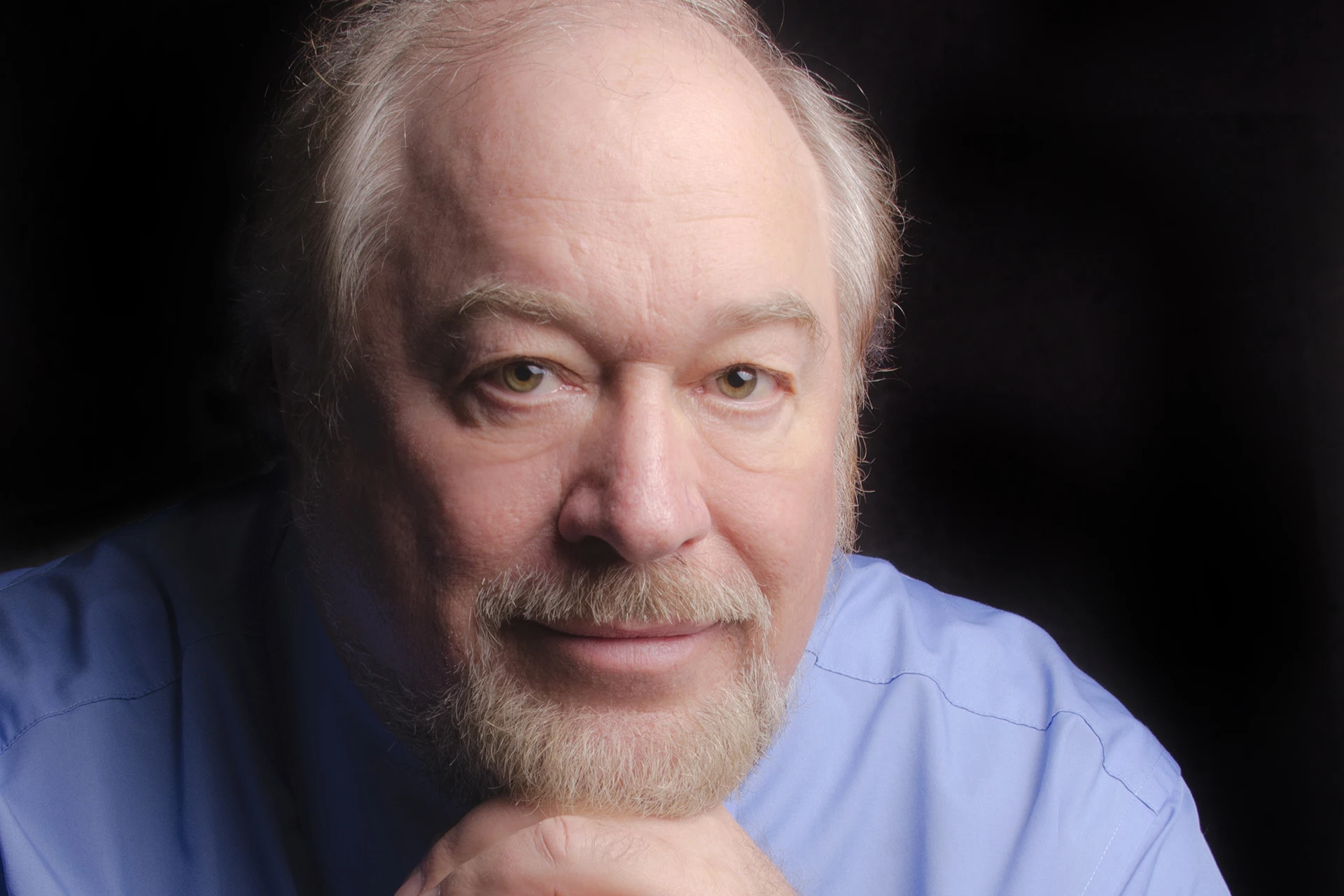“Integrating Deliberate Practice (DP) into Clinical Supervision” offers an introduction into DP supervision and training, illustrates how it can be easily integrated into supervision, and expands opportunities for your supervisees to pursue DP training outside of supervision.
DP supervision is distinctly different from traditional supervision. In traditional supervision, typically, the supervisee “reports” to the supervisor what they remember happened during sessions with clients. It is primarily a passive, case consultation/discussion model. In DP supervision, the supervisee “experiences” and is observed in some fashion during the supervision process.
You will learn
1. The nature of DP,
2. How it incorporates small steps to help supervisees develop skills
3. How it helps supervisees become aware of their auto-pilot (unconscious and reactive) process that inhibits learning
4. How it uncovers a wide range of personal bias often not surfaced as bias
5. How it creates a safe and growthful environment for supervisees to receive feedback
While deliberate practice is not a specific, narrow model, it is a process which can be adapted to each supervisor and supervisee. In this program you will learn how to create DP opportunities tailored to your supervisees.
Course Objectives
At the conclusion of the presentation, attendees will be able to:
- Differentiate Deliberate Practice from other forms of supervision
- Connect Deliberate Practice into supervision
- Differentiate between the mechanical and strategic elements of performance-based learning
- Develop supervisees empathic responding as well as other therapeutic response types
- Explain supervisees to implement deliberate practice activities outside of supervision
Instructional Level
Licensed mental health professionals employed through Kaiser Permanente and psychological assistants performing under supervision of a licensed psychologist.
This CE program is free to Kaiser Permanente employees.
Instructional Methodology
Lecture
Audio/Visual
On-line Presentation
Continuing Education Information
Kaiser Permanente Northern California Mental Health Training Program is approved by the California Psychological Association to provide continuing professional education for psychologists. The Kaiser Permanente Northern California Mental Health Training Program maintains responsibility for this program and its content.
Refund and Attendance Policy
All programs offered on KP Learn for CE credit through the KP Northern California Mental Health Training website are free of charge to Kaiser Permanente Staff and trainees. Once a course is selected in the KP NCAL MH Training Website, the registration process begins, and it will appear in the individuals KP Learn profile for completion within 90 days.
IMPORTANT NOTICE: Those who attend the program in full and complete the appropriate evaluation form will receive CE credits. Please note that credit will only be granted to those who attend the entire program. An attestation of attendance will be given once the individual has completed viewing the program, which will then initiate the final steps of completing the evaluation forms to receive a certificate of completion.

